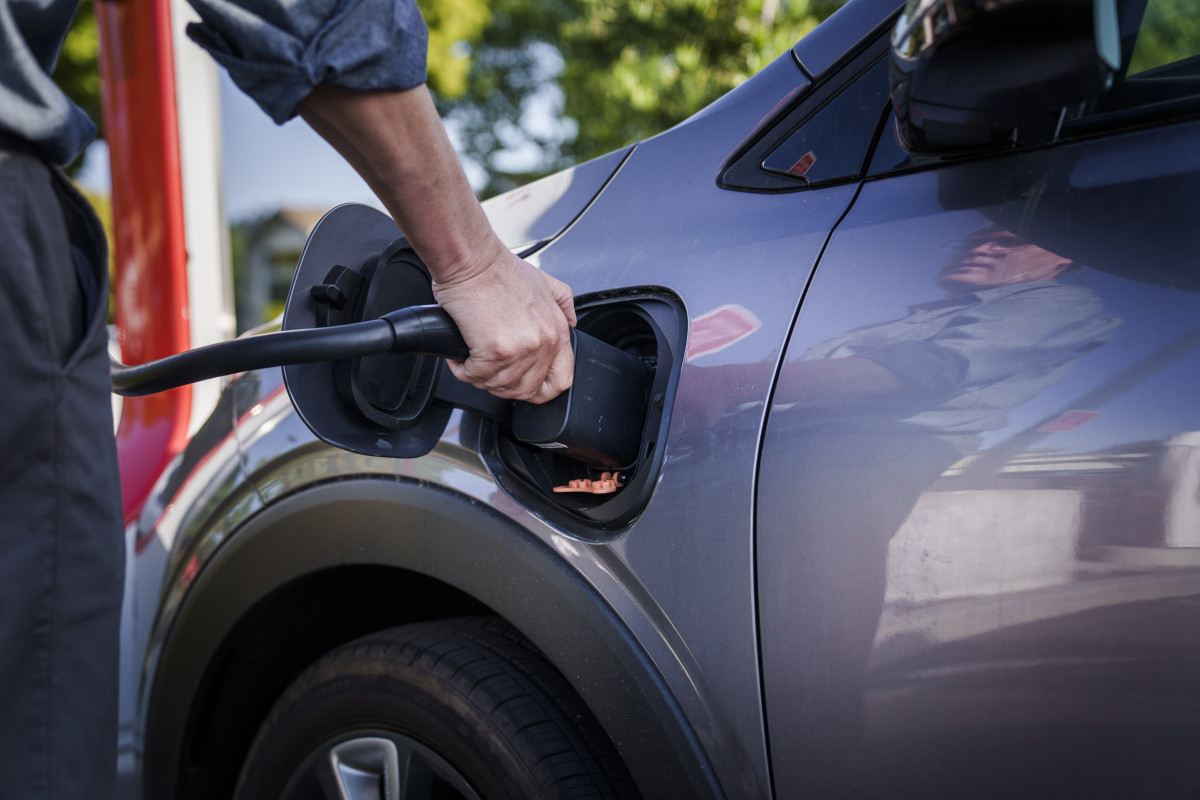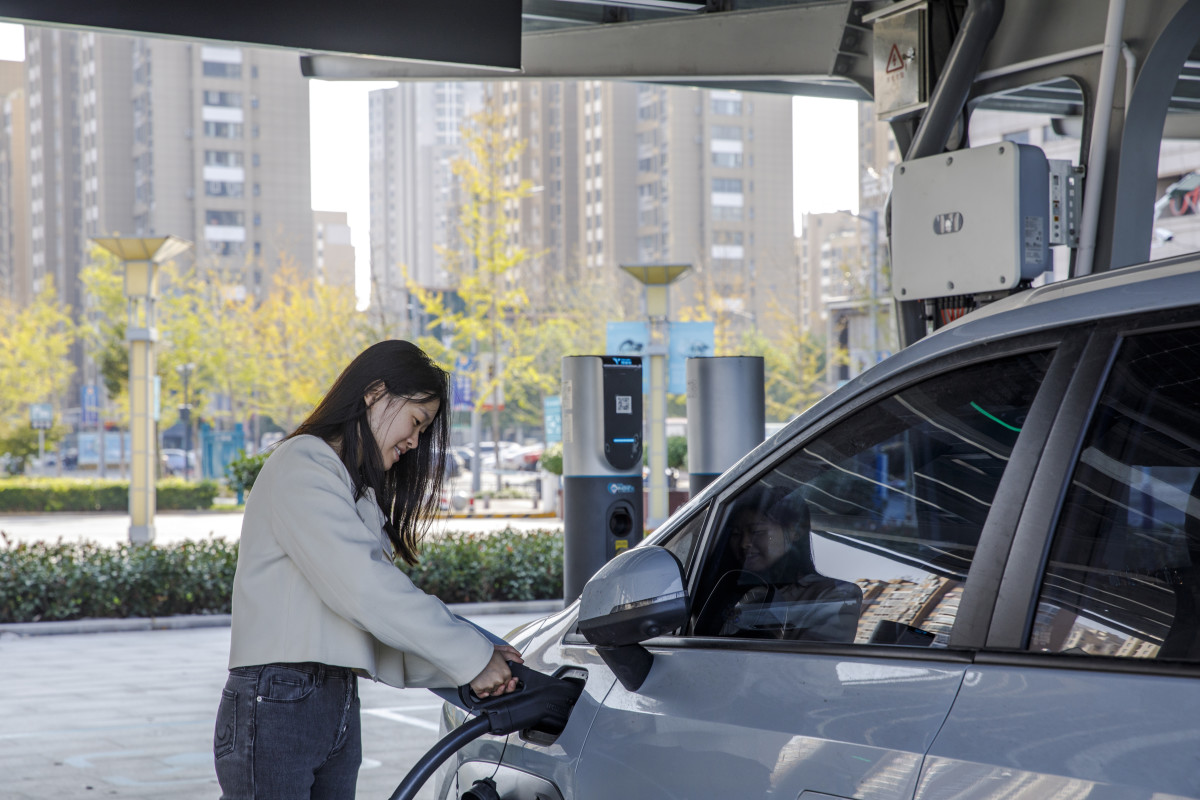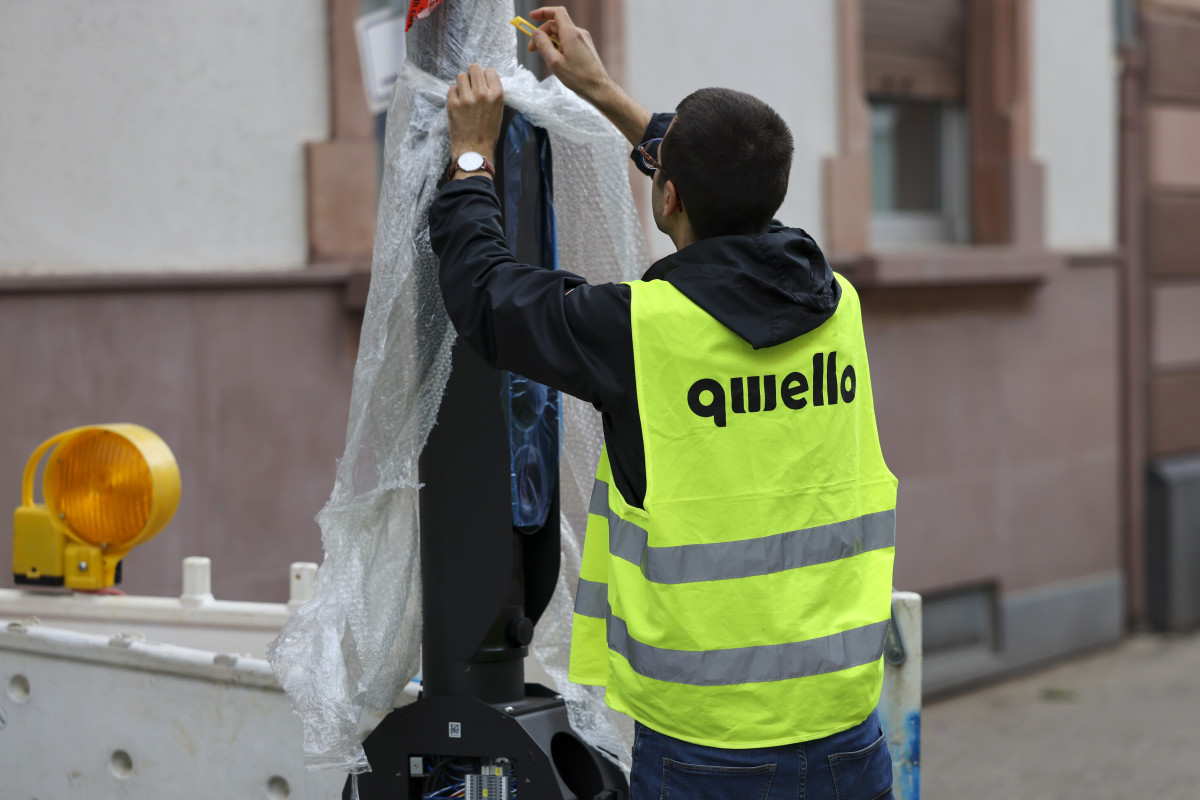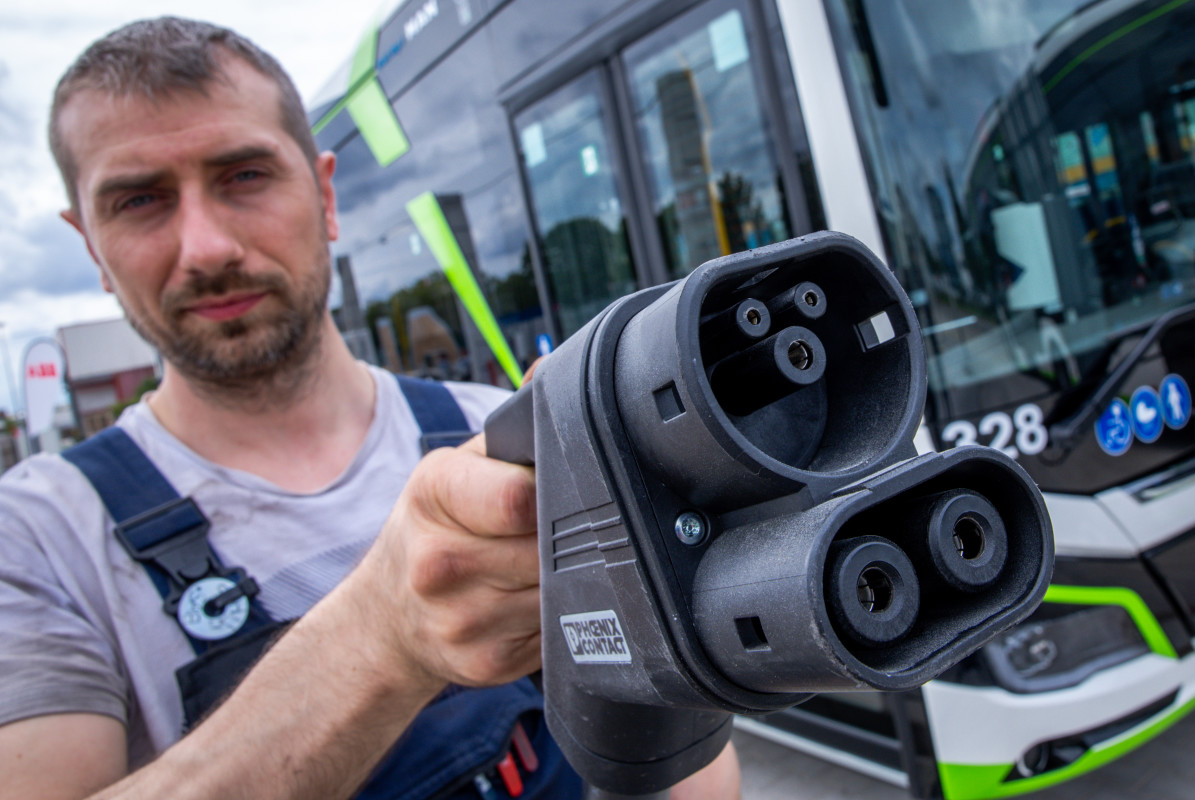
Running out of gas is a shared experience associated with car ownership.
Whether drivers are stretching the distance between fill-ups or on a long road trip, the anxiety that comes when the fuel needle goes past “E” and the light turns on is too familiar.
What can make the horror story worse is the terrible sight of a closed gas station, but, imagine if you cannot find an operational gas station for tens or hundreds of miles.
Related: How Chinese carmakers plan to bombard America with affordable electric cars
Despite not fueled by fossil fuels, this sort of scenario is too familiar to electric car owners, as working EV charging locations can come few and far between and a new finding can make this horror story much worse than it already is.
A very dire situation

A report in Automotive News states that the EV charging network in the United States is in a lot of trouble. According to the U.S. Department of Energy, nearly 4,000 public EV charging stations with 7,000 ports were out of service as of early October, an outage rate of more than 6%.
To try to work this out, both government and private entities are trying to make more chargers available to the EV driving public. Along with its push to make zero-emissions vehicles half of new vehicles sales by 2030, the Biden administration has called for the installation of 500,000 fast chargers throughout the U.S.
In addition, the administration recently announced that it would provide $100 million in federal funds to repair and replace existing broken parts of the charging infrastructure.
A group of carmakers consisting of BMW (BMWYY) -), General Motors (GM) -), Honda (HMC) -), Hyundai (HYMTF) -), Kia, Mercedes-Benz (DDAIF) -) and Stellantis (STLA) -) also announced in July that they will be launching a joint electric vehicle charging network on highways and urban areas.
Additionally, a growing list of carmakers like Kia and Hyundai have adapted to using the North American Charging System, or NACS plugs, which is compatible with the Tesla (TSLA) -) supercharger network.
The problem can only get worse

Despite all the promise of these shiny, new EV chargers, there is one crucial element missing from the pot – the people to install and maintain them.
Matt Trout, president of Trout Electric, which specializes in the installation and service of EV chargers in Southern California, told Automotive News that finding qualified high-level electricians, known as journeymen, specifically ones trained on EV chargers, is a huge challenge.
"If you came to me right now with a journeyman that's been in the EV charging industry for the last couple of years, he'd be hired on the spot," Trout said.
Qmerit, a company that provides installation services for EV charging and other electrification technologies for homes and businesses, estimates that the country’s electrification push, including EV charging and solar panels will require at least 142,000 more certified electricians by the Biden Administration’s 2030 deadline.
More Business of EVs:
- A full list of EVs and hybrids that qualify for federal tax credits
- Here’s why EV experts are flaming Joe Biden’s car policy
- The EV industry is facing an unusual new problem
There is a strong demand for electricians, as clean energy in itself requires lots of them, but, the job is not easy to be qualified for. According to the Bureau of Labor Statistics, electricians need four to five years of apprenticeship experience before getting a license on top of having a certification to work on EV chargers.
Even among the ranks of electricians, many do not carry the certification to install or fix EV chargers.
According to an analysis by electrician training company ChargerHelp! and engineering organization SAE international, only 1,000 qualified electricians will handle 825,000 service request calls this year, or 825 calls per one person. By 2030, the industry needs 17,000 qualified electricians to take on 14 million service request calls they anticipate.
Possible solutions

There is a slight sense of hope. Chargerhelp! and SAE are developing training certifications to add EV charging to the skills of electricians. Already, Chargerhelp! has trained more than 1,000 charger technicians since 2022 and anticipates to train more with the partnership with SAE.
Chargerhelp! CEO Kameale Terry noted that software skills are needed on top of traditional electrician skills in this line of work.
"If someone goes out to change the connector but doesn't understand the full breadth of the ecosystem, it's hard for them to know if changing that connector was good enough," Terry said.
Lack of a reliable charging infrastructure is one of the reasons why EV adoption has been slow, with many skeptical buyers turning to hybrids as a result. Already, EV buyers face a steep price tag when buying their cars, and the lack of a working chargers can the experience much worse for everyone.
Action Alerts PLUS offers expert portfolio guidance to help you make informed investing decisions. Sign up now.







